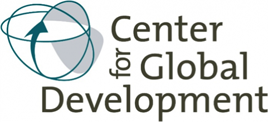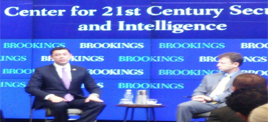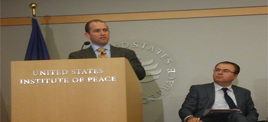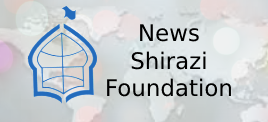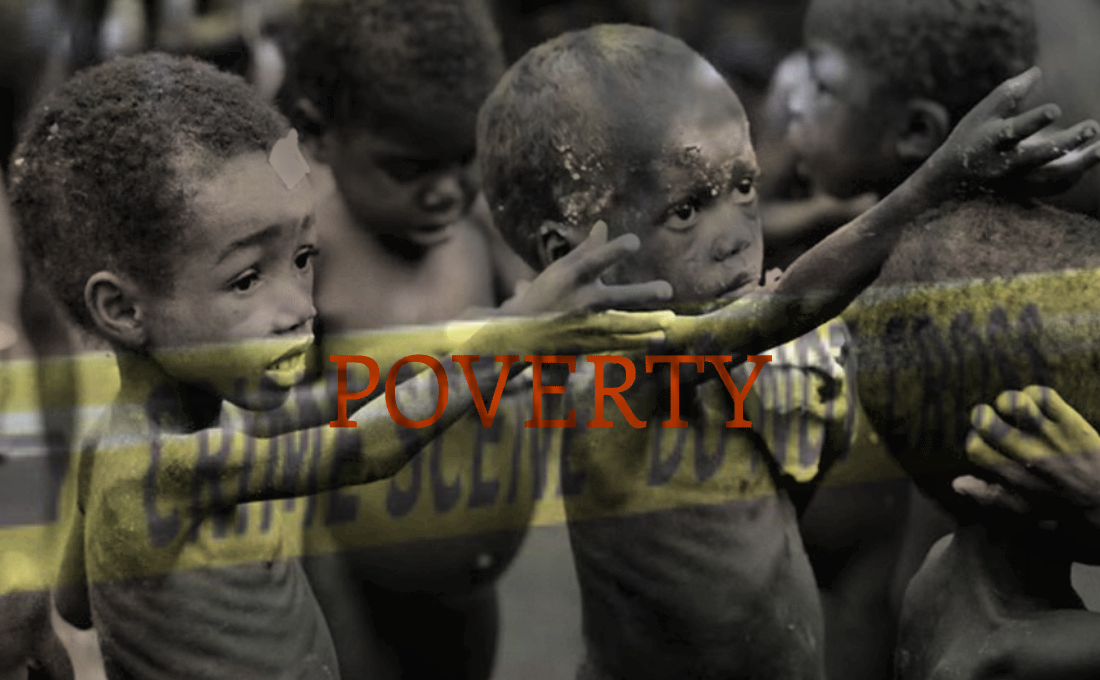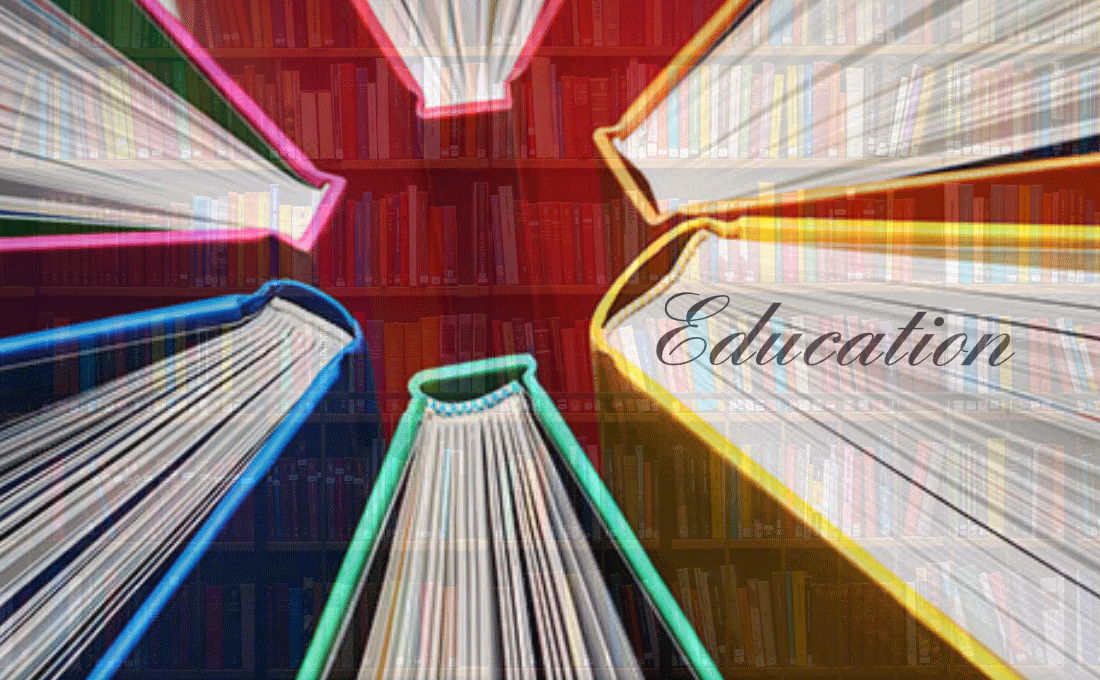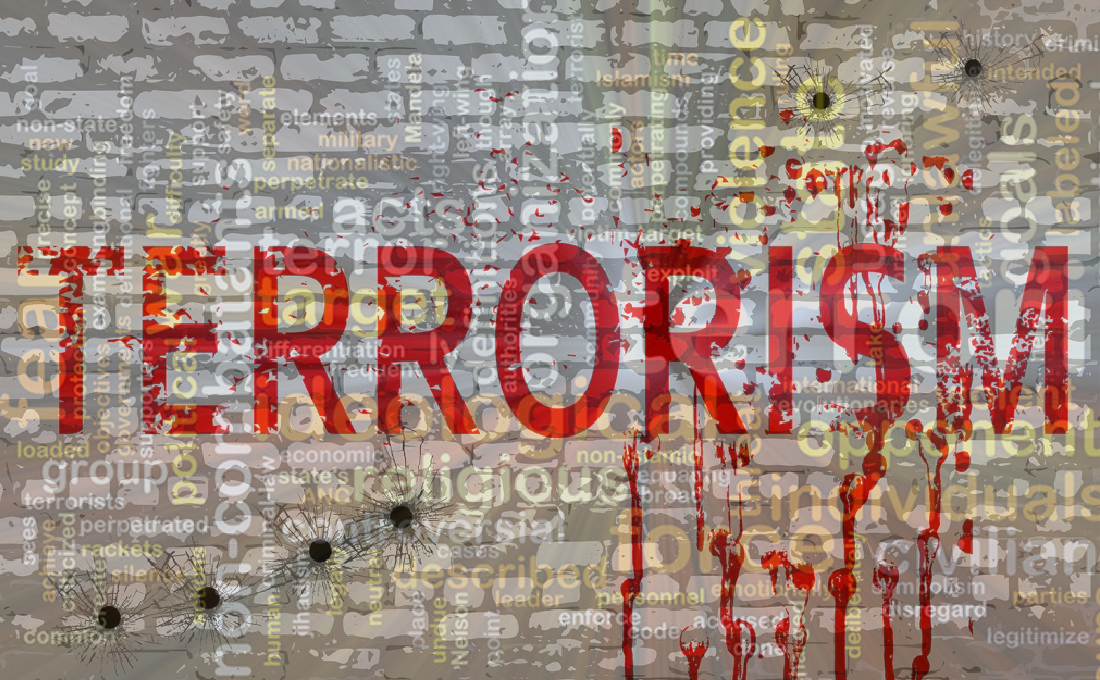Terrorism is the systematic use of terror especially as a means of coercion. At present, there is no internationally agreed definition of terrorism. Common definitions of terrorism refer only to those violent acts which are intended to create fear (terror), are perpetrated for an ideological goal (as opposed to a lone attack), and deliberately target or disregard the safety of non-combatants (civilians).
Terrorism, and what it is, is well explained and researched intensively by number of scholars who have studied Islamic law, here we point out Ayatollah Shirazi’s views on Terrorism that often results in war:
“Terror, assassination, murder, or any other remorseful act that leads to death or even fear of an individual are highly prohibited in Islam, and should be eliminated in the society. “War is an illness” and that it is “the worst thing known to mankind”, and “War is the last Resort.
Peace is an essential pillar of the political theory presented and advocated
by Ayatollah Shirazi in all his books and studies. Peace is the aim and objective, as well as the means to get to the aim. Ayatollah Shirazi stresses on the fact that the consequence of peace is the safest and best. One must act peacefully in all aspects of life.
War is the worst thing known to mankind throughout his long history. It brings about the killing and maiming of human beings, the loss of their powers and their disfigurement. It also causes the destruction of civilisations, stirs up hatred and resentments amongst people, and passes psychological problems on to future generations. It also causes the fighters to become prisoners of war. For these reasons, war must be avoided at all costs and if war becomes necessary – because the enemy has forced the situation – it is imperative that war should be limited to the least degree of necessity. It is also imperative that humanity, in general, put an end to wars finally so that they do not occur in the future”.
Further information on the topic of War, Peace and Nonviolence include, the following excerpts from the many publications by Sayed Mohammad Shirazi:
“War is an illness War has been a phenomenon from the earliest times. It is stated Holy Qur’an in the verse:
{And had Allah not checked one set of people by means of another, the Earth would indeed be full of corruption.}*
*. The Holy Qur’an: The Heifer (2): 251.
Some say that war is one manifestation of the struggle for survival which is a natural attribute of all living things and which will never cease, and that it is one of the traditions of human society. However, the prevention of war by finding another solution is what should be sought. For illness and disease is also a human reality from the very beginning as is the burning of cities, houses and shops or destruction by flooding and other natural events, which can cause harm to humanity. However, all of this does not make war inevitable, for war is not a prime reality but rather a secondary phenomenon, which happens because of the malice of certain individuals. Hence, a group of religious scholars has said that war in itself is bad and ugly because it entails the killing of people and destruction. The Holy Qur’an states this in the following verse:
{Fighting is prescribed upon you though ye dislike it. But it is possible that you dislike anything that is good for you and that you love a thing that is bad for you. Allah knoweth and you knoweth
not.}” **
**The Holy Qur’an: The Heifer (2): 216.
Resources:
War, Peace and Non-violence an Islamic perspective pg.5-6
War Peace and Non-Violence an Islamic perspective pg. 5
Gathered by:
Research Department of Shirazi Foundation
Washington D.C.


